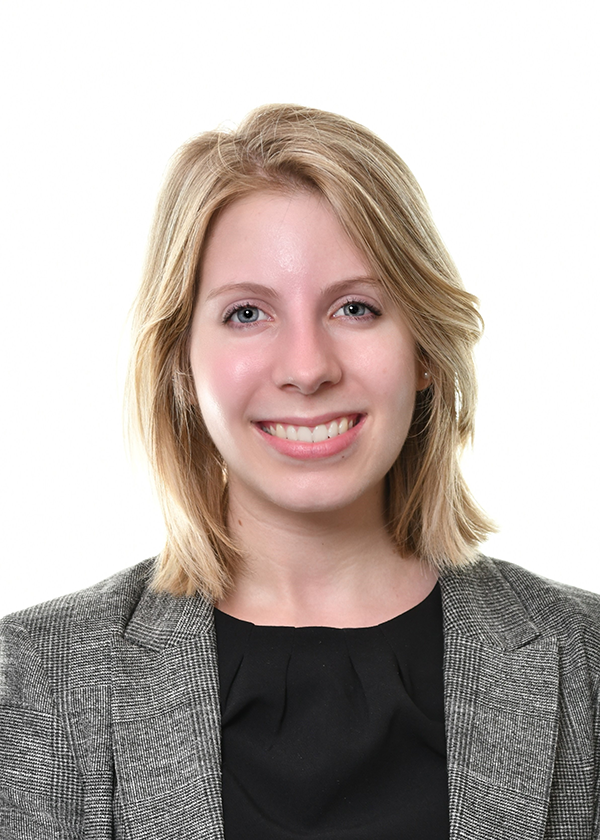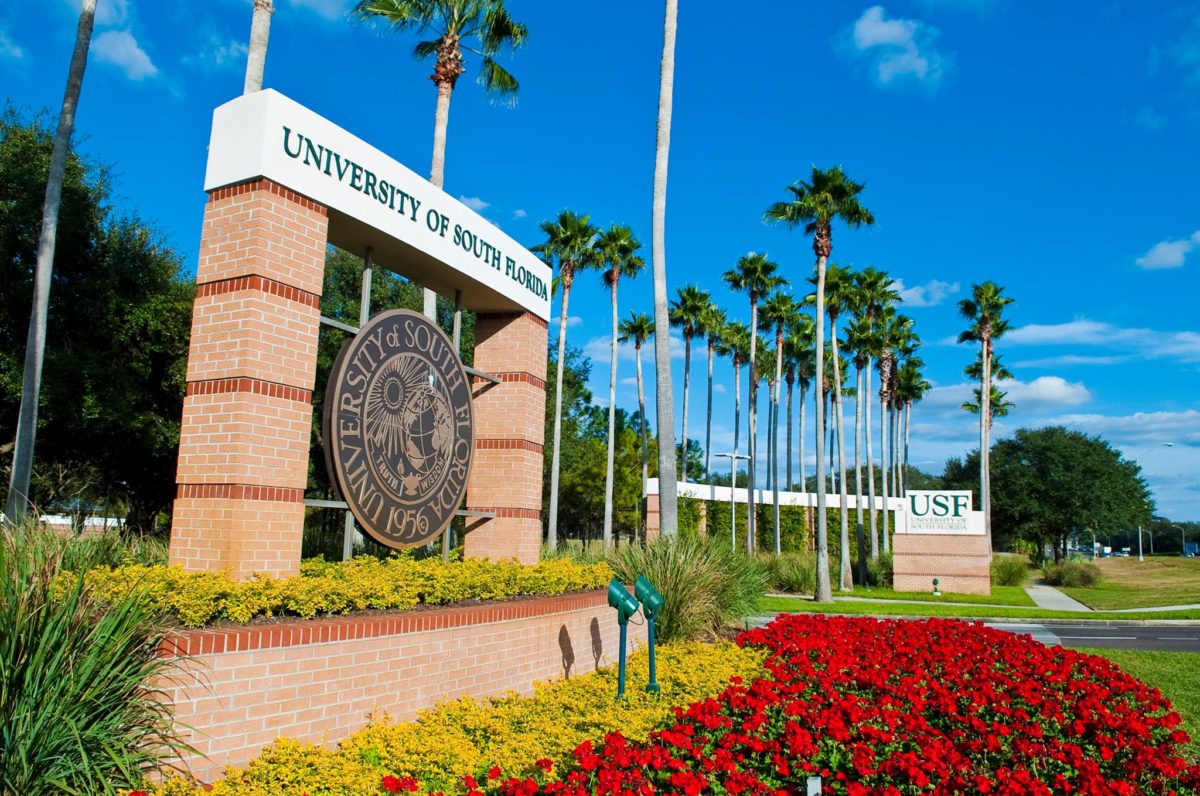Courtesy of USF

By Katherine Metheny
The University of South Florida has consistently proved to be an incredible institution. Gorgeous campuses, a bustling metropolitan area at its doorsteps and a studious environment have always made me glad I chose to come here.
However, USF still struggles in some areas, particularly in keeping up with pre-law communities from other colleges, such as the University of Florida and Florida State University (FSU).
Part of this comes down to innate geography — for example, FSU being situated in Tallahassee provides opportunities in the capital that USF can’t replicate.
The other part comes down to things we can control. Some of these problems have small, intuitive fixes that would have a huge impact on the student body. To be proactive and start making changes, here are some definitive actions USF can take to accomplish these goals, or at the very least, improve upon them.
I’ll break these solutions down into three categories: USF needs to update the resources it offers students, increase community engagement and hold students to a higher standard.
Of course, it’s easier said than done.
Let’s start with the simplest problem, much needed updates on student resources. All you need to do is go to USF’s “Pre-Law Track” program page and take a look at “Law Related Student Organizations” and you will understand what I mean.
Out of the six student organizations listed, only three still exist. One of those recently reopened, after a four-year span of debt that foreclosed the club.
Why are we advertising old clubs that haven’t been active in years? Similarly, why aren’t we advertising the newer, excellent pre-law clubs that have popped up across all three campuses?
The answer is concerning, nobody is updating this website. The primary source that pre-law students will flock to for guidance on how to structure their path at USF is not being consistently updated.
A closer look also reveals that nowhere on this page is the Graduate Record Examinations (GRE), an increasingly accepted and popular alternative to the Law School Admission Test (LSAT), mentioned in any capacity.
The solution to this is the same –– update the official website to make sure its information isn’t misleading or outdated.
When you’re looking to go into law school, time in your undergraduate degree is precious. Students can’t afford to not know all the resources available, because they need to begin building a resume as soon as possible. That’s hard to do when you can’t get basic information, like what clubs exist at your university, or who to turn to if you’re interested in a certain field of law.
It’s especially hard when you don’t even know that you may need certain materials to secure an internship, or how helpful having a published work is for a more competitive law school.
I strongly believe we should require pre-law students to have writing samples reviewed by their advisors by the time they enter junior year. Serious legal internships are going to expect top-notch writing skills to even consider applicants. By not alerting — and, more importantly, not preparing — students for this requirement, we leave them floundering.
To make students as competitive as possible for a wide range of internships, why not put that little bit of pressure on them?
We also need to increase community engagement — and we can do so by strengthening existing connections. There are countless connections USF already has within the community that it is failing to fully utilize.
Despite lacking a law school, there are plenty of Tampa Bay attorneys with connections to USF.
In its 2020 Profile of the Legal Profession, the American Bar Association reported that Hillsborough County had over 7,000 lawyers residing within it, positioning the area as third in the state.
A quick search on LinkedIn shows that a lot of these lawyers recognize USF as their alma mater. Since these lawyers are already connected to USF — why not take the extra step, and strengthen this connection? Why not invite them to a luncheon where students can come and talk, or better yet, set up a shadowing program?
We are in an excellent position to have great alumni resources for students –– yet are failing to act upon it in a meaningful way.
We could also do better by encouraging students to consider research and publication in similar ways to their STEM counterparts. Law schools repeatedly praise students who have proven their capacity for research and writing, both of which are core legal skills.
USF recently opened its Center for Justice Research and Policy, which presents a fantastic opportunity for students to get involved in research. Some criminology professors, like Bryanna Fox, have founded their own labs. We have this great wealth of knowledge and experience but aren’t promoting it nearly enough.



